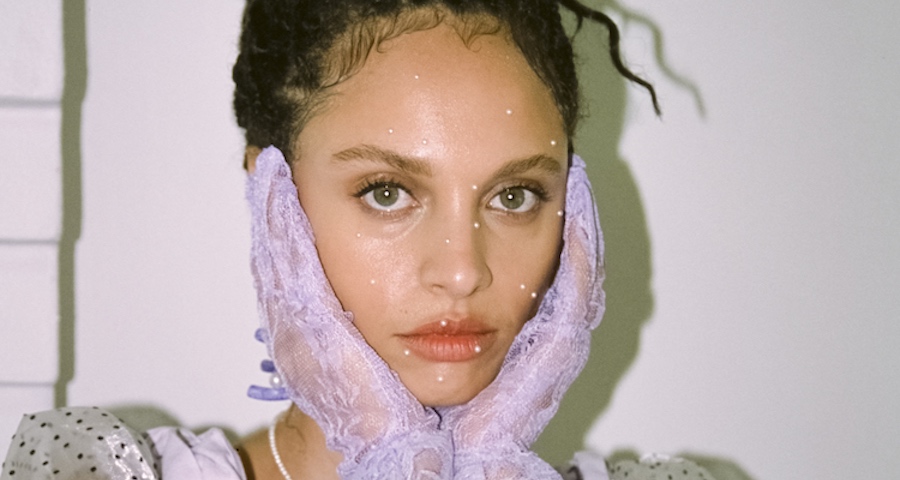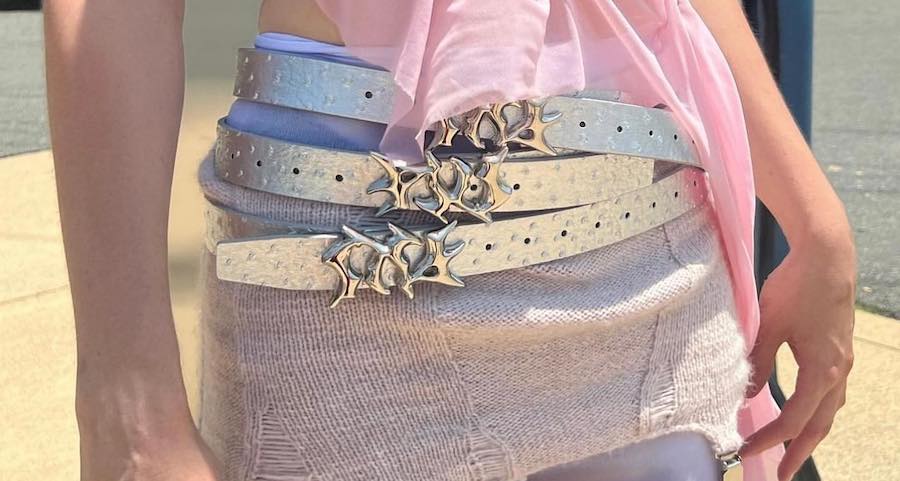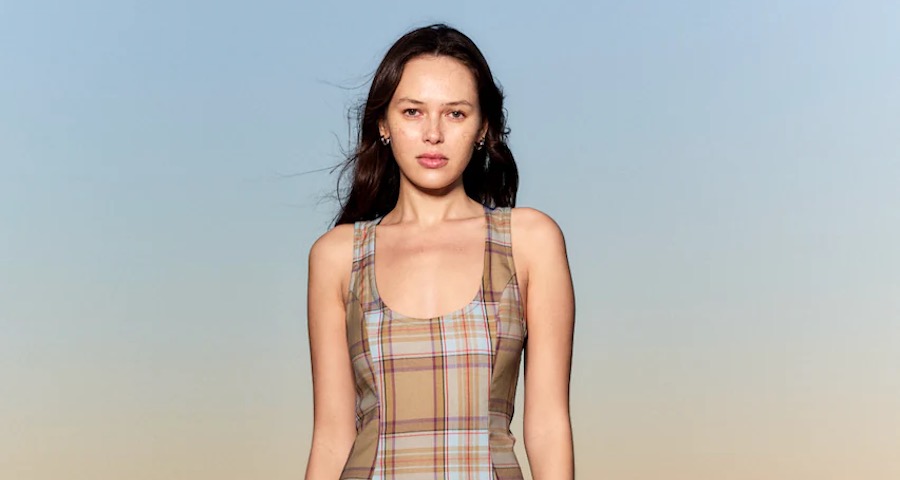I asked a Melbourne stylist for her biggest fashion icks
“An ick isn’t a trend, it’s a personal preference.”
A few years ago when I was cleaning out my wardrobe, I added an old pair of drop-crotch pants to my donate pile. I couldn’t understand why I’d bought them in the first place, but they gave me flashbacks to high school and 2010 fashion memories I’d rather forget. To my dismay, my partner fished them out and tried them on. They looked completely different on him than they did on me and he ended up wearing them everywhere.
It’s the beauty of circular fashion – one man’s trash can be another man’s treasure. Or, perhaps more fittingly, one person’s biggest fashion ick, can inevitably end up being someone else’s favourite piece in their wardrobe.
For more fashion news, shoots, articles and features, head to our Fashion section.
Some of my favourite pieces in my wardrobe are preloved pieces that someone, somewhere, has decided to part with – presumably because they no longer liked the item. Though someone else might have developed a dislike for a certain piece of clothing, it doesn’t mean it’s no longer worthy.
Fashion is deeply personal and there’s no hard and fast rule for what does or doesn’t work. Sometimes, there’s just no logic to it, you either love something, or you don’t. Maybe it’s due to a bad association or memory – or maybe it’s just an ick you can’t rationalise.
Curious to know more about fashion icks, I turned to stylist and founder of the Australian Style Institute, Lauren Di Bartolo. Below, Lauren talks about the good and bad in sharing your fashion icks with others, as well as her top three (personal) fashion icks of all time.
What are your thoughts on fashion ‘icks’ given style is so personal?
Fashion icks are like any other ick, they’re personal and we don’t always have a clear or logical reason for why they exist, only that they hit us pretty instantly. Most icks come from memories, whether that’s old childhood memories or more recent experiences with a partner or trend. As a stylist, I’m mindful that sharing my icks adds little value to my clients, why take the sparkle off something they like?!
Something to note is that sharing an ick usually goes one of two ways: it brings us closer to someone who shares it, but it can seem completely irrational or even judgemental to someone who doesn’t. Because they’re personal, icks can seem irrational to other people. The problem with sharing our repulsion is that we can take the shine of the items that friends like, even passing the ick on.
What mistakes do you see people making when exploring their personal style?
Single season and short-term thinking. Fashion waste is a serious issue Australian consumers are being called to address, so thinking about longer-term wear is important. Even if it’s a trend that will pass, a great purchase can usually be restyled to be updated.
And buying what they already have a version of. Human behaviour drives our purchases, so it’s important to take stock of what’s already in our wardrobe. Everyone has icks, but an ick isn’t a trend, it’s a personal preference that shouldn’t make us feel we need to ditch items in our wardrobe.
What are your top three biggest fashion icks and why?
It’s become an increasingly unpopular opinion the longer they’ve maintained public appeal but Crocs aren’t my thing. It doesn’t matter how they’re decorated or who the collaboration is with, they’re something about them that feels like cosplay. I’m not sure whether I had shoes like them as a kid, but like most icks, my dislike for them is totally irrational and very real.
There’s also a colour of maroon that I can’t wear when it’s wool. It was my school jumper and when I see the colour I smell the dampness of getting caught in the rain on the walk home or running for the bus.
And my third is influence creating waste. If we want to throw away items every time we’re introduced to a new ick, we’re only contributing to the disposable approach we’ve had to fashion for too long. We need to stop making icks a trend that influences our wardrobe decisions.
Stop listening to people who are telling you what’s ‘in’ and ‘out’ more frequently than the seasons. Often people find themselves in a shopping spiral because the speed of trends is faster than it’s ever been. We saw this happen last summer with sneakers. In the space of the month, everyone went from having to have Sambas to being told there was something better now trending.
I recently asked a group of Australian Style Institute students and stylists what their most irrational icks are and they certainly agreed with my view on Crocs. Another ick we explored was the divisive topic of skinny jeans, with many stylists finding the ultra-tight fit to be a no for them.
Icks from childhood were also discussed, with many stylists referring back to pieces linked to items they would see their parents wearing, like matching tracksuits and Mary Janes, causing irrational icks for them in adult life.
To learn more about the Australian Style Institute, head here.


